Dir. James Toback. US. 2008. 88mins

‘They can judge me but they never understood me,’ claims Mike Tyson in James Toback’s intriguing portrait of the boxer once dubbed The Baddest Man On The Planet. People may be less inclined to judge after watching this feature-length interview, but the feeling of never entirely understanding what makes Tyson tick still persists. All the mellow musings on his past misdemeanours and a life littered with second chances never quite takes us to the heart of this tragic figure.
Tyson’s lingering notoriety and legendary status within the boxing pantheon will make this essential viewing for fight fans but less alluring for general audiences who simply may not care to test their prejudices against Tyson’s philosophical take on his life. Tyson should still be a lively contender in ancillary markets rather than a knockout in theatrical sales.
Toback has known Mike Tyson for over twenty years and his sympathetic portrait basically puts his friend in the psychiatrist’s chair for ninety-minutes. The bulk of the film is constructed from Tyson’s own words as he recalls the poverty and hardships of his childhood, the influence of his first trainer Cus D’Amato, the way boxing brought some structure and pride into his life and the numerous falls from grace as he succumbed to drink, drugs and served a jail sentence for a rape conviction. Eve n having left the fight world behind, Tyson is still battling to find a sense of peace and conquer his addictive, extreme personality. He has recently been following a rehab programme and achieved a lengthy spell of sobriety.
Looking back with some bemusement at his past, Tyson is strikingly candid, funny and clearly still committed to his life long journey towards becoming a better person. Toback completely excludes himself from the film; we never see him asking a question, shaping the conversation or reacting to events. Instead, the camera always focuses on Tyson.
Toback makes extensive use of split-screen imagery and an overlapping soundtrack of the voices in Tyson’s mind to add some extra edge to what is otherwise a straightforward talking head approach.The only alternative voices in the film are provided by extensive archive footage of key Tyson fights with Evander Holyfield, Lennox Lewis and Buster Douglas, newsreels and old television interviews including a memorable encounter between Tyson and his then-wife Robin Givens as they face a grilling from Barbara Walters in which Givens describes Tyson as abusive, intimidating and manic-depressive whilst the boxer looks on in stunned silence. All the old footage is a powerful testimony to the ferocious rage that Tyson unleashed in the ring and the way in which it often spilled over into his private life.
The most telling revelation in the film comes when Tyson describes being bullied as a child and how that fear of humiliation has haunted and shaped all his adult life. Pulverising an opponent was one way to banish those fears and convince himself that such a thing could never happen again because he now possessed the power of life and death in his two fists. ‘My job was to hurt people, ’ he casually remarks.
The rage within Tyson appears to stem from a crippling case of low self-esteem but it would take a more challenging interviewer than Toback and a less partial film than Tyson to completely explain why Tyson has continually reached such heights and plumbed such depths.
Director
James Toback
Production Company
Fyodor Productions
Green Room Films
Intern ational Sales
Wild Bunch
+ 33 (0) 1 53 01 50 30
Producers
James Toback
Damon Bingham
Cinematography
Larry McConkey
Editor
Aaron Yanes
Music
Salaam Remi

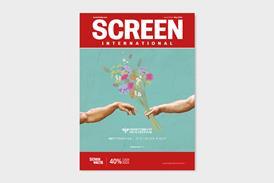
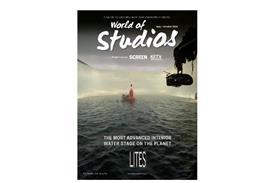

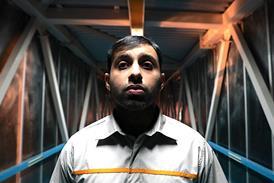

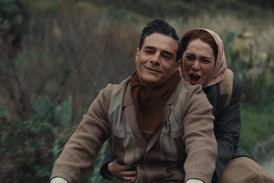
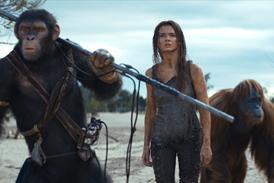




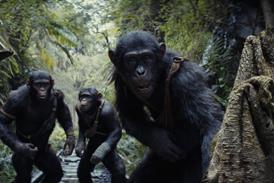









No comments yet